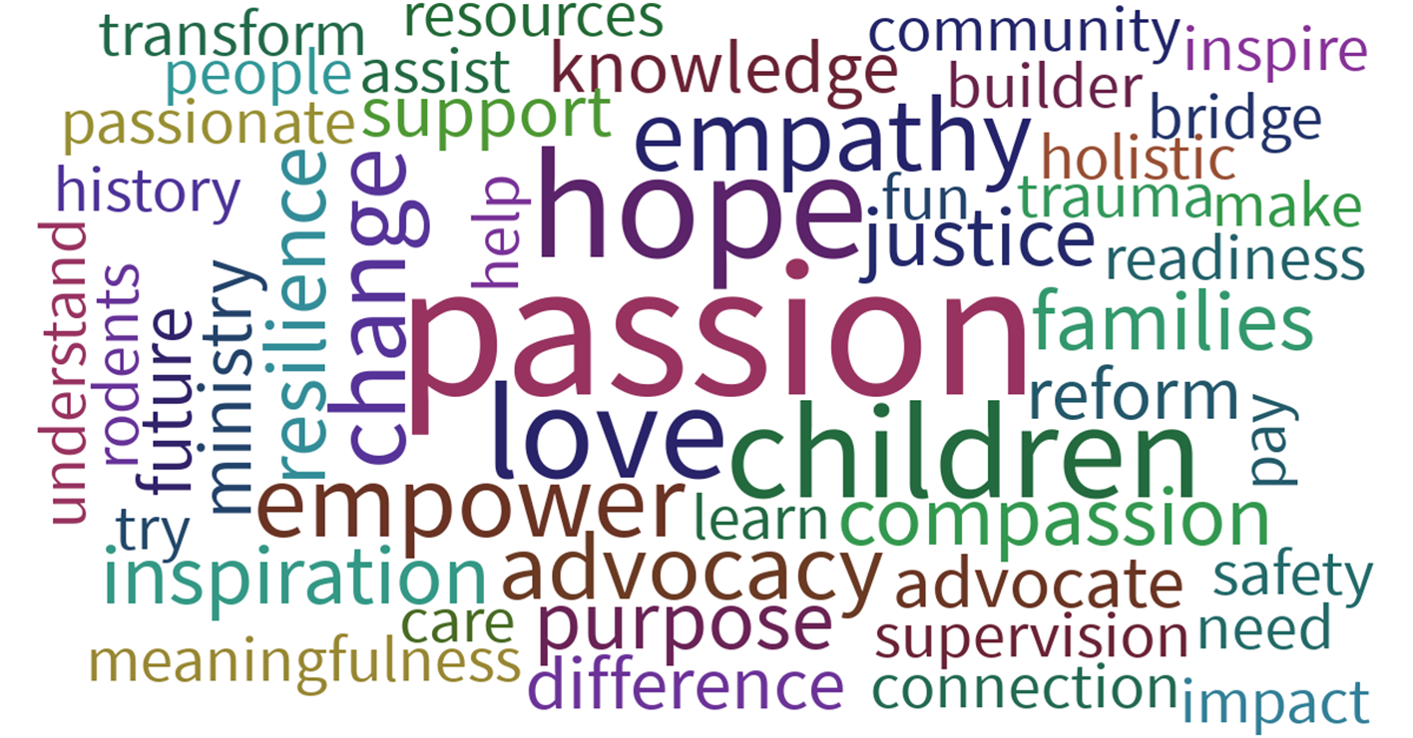
This past spring, we began blogging about ways to look at the world from a child’s eyes, in order to make sure they’re having the positive childhood experiences that they need to grow and be healthy, even in the face of disruption and adversity. In the six months or so that we have been experiencing the pandemic, the HOPE team has seen and heard many stories from around the country of families that are doing just that.
Now, as the school year starts, and—in many parts of the country—the economy is starting to sputter back, we face a new set of challenges. Today’s blog will continue to focus on how our children experience the world amidst these new challenges, even as we adults are experiencing our own anxieties and hardships. Children should never feel that they burden their parents, families, and communities. Like adults, they are experiencing enormous disruptions in their own lives.
While the advice below is centered on parents, all of us should remember to take a moment every day for gratitude. For service providers, this can be a powerful way to remember and be inspired by the people we serve. For all, you can help remind us that there is more going on in the world than the pandemic and disruption.
Given all that, here are 10 ways to promote positive childhood experiences during this difficult time:
- Children need their friends and peers. In areas where school is in session in person, pediatricians recommend that children attend. Even if school is subsequently moved online, the personal interactions that children have can vastly improve their chances of maintaining friendships and connections, even at a distance. Click here to read more about reducing risk of Covid-19 spread at in person schools.
- Children will remember when their parents supported them through difficult times. Parents can listen to children, allowing them to be sad or frustrated, with the knowledge that there are no easy solutions. Being heard helps children process their own feelings. Read more about this tip in this blog post featuring Drs. Moira Szilagyi and Heather Forkey.
- Stay connected. By now, some school districts have distributed Chromebooks or other devices to allow student internet connection. If your school district hasn’t done that yet, join with other families and advocate for device distribution and internet access support with the schools to make sure that everyone can be connected! Click here to read a Washington Post article about some organizational efforts to bridge the digital divide. Seek out and support similar organizational or local government efforts in your communities.
- Consider whether it is possible to create a small community of families who will be quarantining together through the pandemic. This will allow children to have friends to play with, as well as other adults to turn to. Before doing so, however, make sure to read up on how to safely form a pod; to start, click here for a New York Times article with some guidelines.
- Growing kids require vigorous physical activity. Take them outside to run around and play, following local rules for masks and social distance. Find a partner and a public space and play catch. For older kids, put their helmets on and send them out on bicycles. Vigorous physical activity prevents depression, relieves anxiety, and helps children sleep at night.
- If you need help with basic needs, remember there is no shame in seeking help to provide for your family. If your friends and neighbors don’t have the answers, pediatricians’ offices, schools, and family resource centers may be able to direct you to the resources that you need.
- Keep your eyes and ears open: are there people or groups in your community who are being left behind in the crisis? Remember that children watch the adults in their lives and learn from them. By noticing inequalities around you, talking about them, and acting on them, you will be creating a model for your children that will last a lifetime. Let them remember how their family stood up for others during the pandemic. Click here to read a previous blog post about health inequities exacerbated by Covid-19; click here for a post about talking with children about racism.
- Children with special healthcare needs, or whose parents have limited English language literacy, will need special support as schools open. By law, every school district is required to support these children, regardless of the citizenship status of their parents. Outreach workers, healthcare providers, school officials, and community-based organizations can help parents access these mandated services; if you or someone you know needs additional support, look into local organizations which provide these services
- Adults struggle with competing demands from work and family. If things are getting overwhelming, get some help. Doctors are reporting an increasing number of families turning to them for mental health support. Make sure you get the support you need. If some of your coworkers are also responsible for young children who are suddenly at home, cut them some slack. Remember, while this may be a relatively temporary situation for the adults, children’s experiences last a lifetime, and they need their parents now.
- There’s so much parents can do to support their children and let them know how loved and cherished they are. Have a look at https://thebasics.org for some suggestions about how to create positive experiences for young children (see box below).
(a) Maximize love and manage stress. (b) Talk, sing, and point to help infants and toddlers learn words. (c) Count, group, and compare: set the foundations for later math skills. (d) Explore the world through movement and play. (e) Read and discuss stories.


